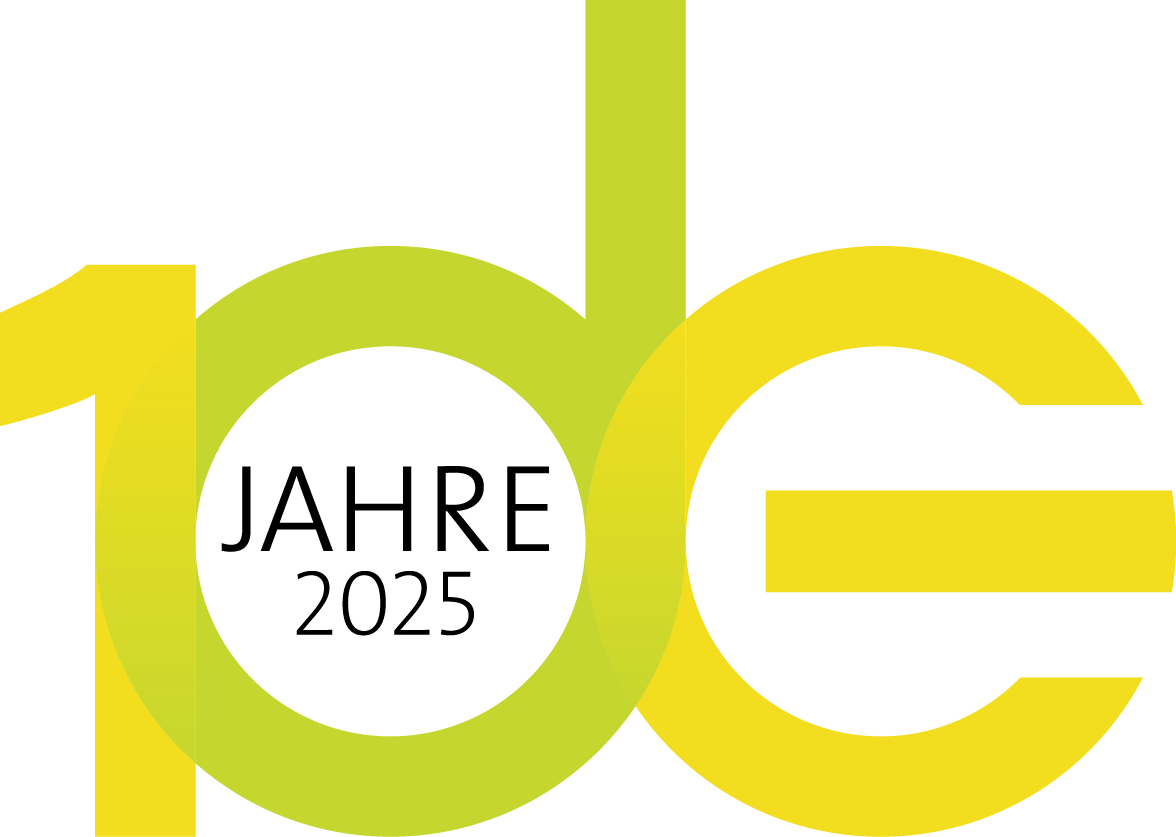Planning to Succeed
Lorem ipsum dolor sit amet, consectetur adipiscing elit. Nullam pellentesque malesuada arcu dignissim pellentesque. Vestibulum vitae ex in massa aliquam lobortis ac sit amet elit. Phasellus blandit lectus ac dui pharetra, ac faucibus diam commodo.
Weiterlesen mit 
- Zugriff auf alle Inhalte des Portals
- Zugriff auf das Online-Heftarchiv von 1999 bis heute
- Zugriff auf über 3000 Praxisprobleme
- Jede Praxisproblem-Anfrage wird beantwortet
*Bei Einzelartikelkauf akzeptieren Sie die Datenschutzbestimmungen und AGBs.
Sollte es Probleme mit dem Download geben oder sollten Links nicht funktionieren, wenden Sie sich bitte an kontakt@elektro.net
Lorem ipsum dolor sit amet, consectetur adipiscing elit. Nullam pellentesque malesuada arcu dignissim pellentesque. Vestibulum vitae ex in massa aliquam lobortis ac sit amet elit. Phasellus blandit lectus ac dui pharetra, ac faucibus diam commodo. Phasellus blandit lectus ac dui pharetra, ac faucibus diam commodo. Phasellus blandit lectus ac dui pharetra, ac faucibus diam commodo.
Nulla pharetra ultricies velit in fermentum. Sed et laoreet mi, nec egestas lorem. Mauris vel eros convallis, sollicitudin erat a, pulvinar turpis. Vestibulum vel orci et ligula sollicitudin aliquam. Curabitur quis massa porta, gravida eros eget, imperdiet ex. Ut eu vulputate tellus, quis fermentum nulla. Aenean fermentum nisl sed augue venenatis, a vulputate nunc iaculis. Nam ut lorem fringilla, venenatis libero vel, dignissim mi. Etiam vel enim eget erat congue eleifend. Morbi efficitur dolor ac blandit fermentum.









